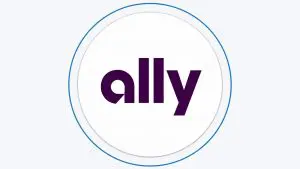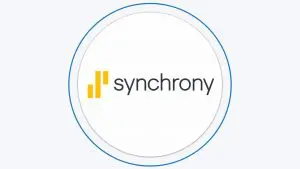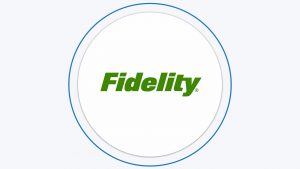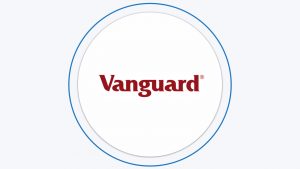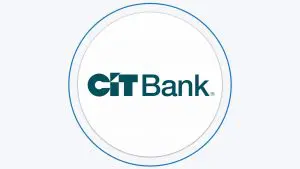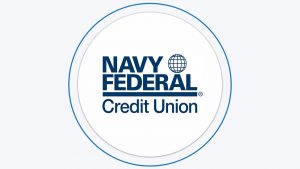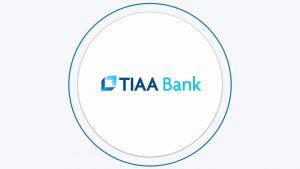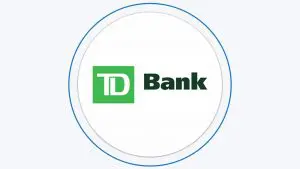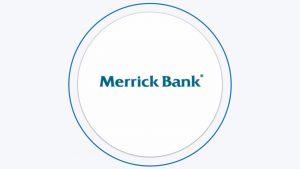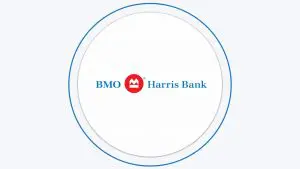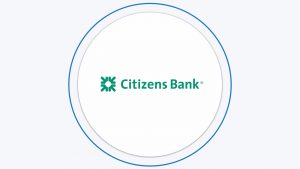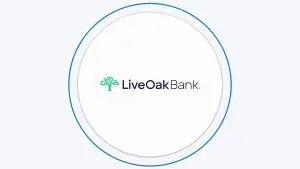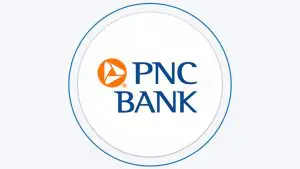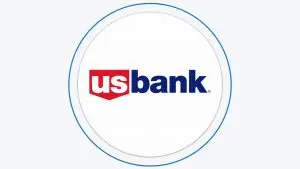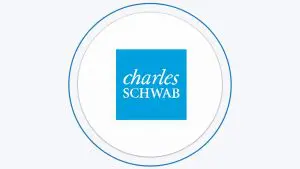One of the benefits of a 3-year CD is that it offers a relatively long-term investment option, making it suitable for individuals with long-term savings goals. However, the funds deposited into a 3-year CD are not accessible during the term, and early withdrawal may result in an early withdrawal penalty.
Compare 3-Year CD Rates And Minimum Deposit
When considering opening a 3-year CD, it's important to compare rates and terms from various banks and credit unions to ensure you're getting the best deal.
Locking your money for such a period require you to compare rates and terms and consider your individual financial goals and needs when deciding if a 3-year CD is right for you
Financial Institution | 3 Year CD APY | Minimum Deposit |
|---|---|---|
4.21% – 4.26% | $5,000 | |
4.30% | $2,500 | |
4.10% | $0 | |
4.52% | $500 | |
3.75% | $2,500 | |
3.60% | $1,000 | |
4.00% | $2,500 | |
4.10%
| $1,000
| |
4.15% | $0 | |
4.20% – 4.30% | $1,000 | |
5.00% | $1,000 | |
5.10% | $1,000 | |
4.35% | $500
| |
4.00% – 4.05% | $1,000 | |
4.15% | $500 | |
4.20% | $25,000 | |
4.00% | $0 | |
4.25% | $1,500 | |
3.00% | $50 | |
4.25% | $1,000
| |
4.00% | $500 | |
4.06% – 4.26% | $1,000
| |
4.25% | $1,000 | |
4.55% | $10,000 | |
5.10% | $1,000 |
Sign Up for
Our Newsletter
Early Withdrawal Penalty For 3-Year CDs
The early withdrawal penalty associated with a 3-year CD may differ between institutions, but it is usually calculated as a percentage of the amount withdrawn or a specific number of days of interest.
The table illustrates that the majority of penalties for 3-year CDs are equivalent to around 180 days or six months of interest, with some penalties of 270 and 365 days of interest also visible. While this may be less than the penalty associated with longer-term CDs, such as 5-year CDs, it is still a considerable amount.
Financial Institution | Early Withdrawal Penalty |
|---|---|
Lending Club | 100% of interest |
Capital One Bank
| 6 months interest |
Discover Bank
| 6 months interest
|
PenFed Credit Union | 365 days / 30% of dividends
|
Sallie Mae | 180 days of interest |
TIAA Bank
| 25% of interest |
Synchrony Bank | 180 days of interest
|
Fidelity | N/A |
Vanguard | N/A |
Navy Federal | Dividends for 180 days
|
Marcus | 180 days interest
|
Merrick Bank | 180 days of interest
|
Ally Bank | 90 days of interest
|
Bread Financial | 180 days simple interest
|
Bethpage Credit Union | 180 days of dividends
|
Affinity Plus Federal Credit Union
| 180 days of interest |
Randolph-Brooks Federal Credit Union
| 180 days of interest
|
NASA Federal
| 365 days of interest |
Popular Direct
| 365 days of interest |
Things To Consider When Choosing 3-Year CD
Overall, choosing a 3-year CD requires careful consideration of your financial goals and needs since you are going to lock your money for a significant period of time.
Here are some things to keep in mind:
Interest rates: Interest rates for 3-year CDs can vary between traditional or online banks and credit unions, so it's important to shop around and compare CD rates to ensure you're getting the best deal.
Minimum deposit requirements: Many banks and credit unions require a minimum deposit to open a 3-year CD. Make sure you can meet the minimum deposit requirement before opening the account.
Early withdrawal penalties: If you need to withdraw your funds before the end of the 3-year term, you may incur an early withdrawal penalty. Make sure you understand the penalty and are comfortable with the risk.
FDIC insurance: Ensure that the bank or credit union you choose is FDIC insured. This will protect your investment up to the maximum amount allowed by law.
Automatic renewal: Some 3-year CDs automatically renew at the end of the term. Make sure you understand the renewal terms and know how to opt out if you don't want to renew.
Accessibility: Unlike savings accounts, 3-year CDs are not liquid investments, and you cannot withdraw your funds without penalty until the end of the term. Consider your need for access to your funds before committing to a 3-year CD.
FAQs
How do you open a 3-year CD?
To open a 3-year CD, you typically need to visit a bank or credit union in person, online, or over the phone. You will need to provide identification and information about the deposit amount and term.
What happens at the end of the 3-year CD term?
At the end of the 3-year CD term, you can choose to renew the CD, withdraw your funds, or transfer the funds to another account.
Can you add money to a 3-year CD?
No, you cannot add money to a 3-year CD once it has been opened. You would need to open a new CD with a new deposit.
How is interest on a 3-year CD paid?
Interest on a 3-year CD is typically paid out at the end of the term or at regular intervals throughout the term, depending on the terms of the CD.
Can you negotiate the interest rate on a 3-year CD?
Yes, you may be able to negotiate the interest rate on a 3-year CD with some banks or credit unions, especially if you have a large deposit or a good credit history.
Related Posts
How We Picked The Best 3-Year CD Rates: Methodology
The Smart Investor team delved into banks and credit unions to pinpoint the top 3-year CD (Certificate of Deposit) rates. We examined four key areas to rate them:
Interest Rates and Terms (50%): We looked at the interest rates offered on 3-year CDs and any conditions attached to the account. Banks with higher interest rates and favorable terms, like low minimum deposits and reasonable penalties for early withdrawal, got higher scores.
CD Features (20%): This category considered extras like automatic renewal options, choices for receiving interest payments (monthly, quarterly, or at maturity), and eligibility for promotional rates. CDs with added features or flexibility earned better ratings.
Customer Experience (20%): We assessed how easy it is to open a 3-year CD, communicate with customer service, and use the bank's online banking tools (tested by our team). Banks with straightforward processes, helpful customer service, and user-friendly websites earned higher scores.
Financial Stability and Reputation (10%): We checked each bank's financial stability and reputation, including customer satisfaction ratings, reviews from JD Power, TrustPilot, and their Better Business Bureau (BBB) profile. Banks with strong finances and positive reputations got higher ratings.
We weighed various aspects within each category to ensure a thorough evaluation of each 3-year CD.
